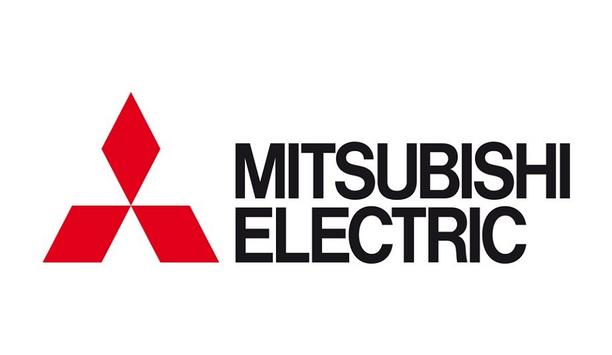The ongoing COVID-19 pandemic and its variants put indoor air quality in the spotlight. However, facilities managers have long known about the importance of proper ventilation to the health and wellbeing of building occupants. For K-12 facilities, and college and university classrooms too, fixing school IAQ should be a top priority.
Fixing School IAQ
When high temperatures and humidity combine in the indoor environment, air quality worsens. Mold forms and dust, VOCs, bacteria, and other pathogens collect without proper ventilation. Aging HVAC systems in need of repair contribute to the problem and should be a part of fixing school IAQ.
Childhood asthma and other respiratory problems result from breathing air full of particulates and viruses pose a great risk as well. Science supports the need of fixing school IAQ.
VOCs decrease, cognitive performance increases
Not only that, but when students miss school as a result of asthma or respiratory issues, this costs taxpayers money
For example, in a 2015 study performed by the Harvard T.H. Chan School of Public Health, as VOCs decrease, cognitive performance increases. Not only that, but when students miss school as a result of asthma or respiratory issues, this costs taxpayers money.
In Florida, for example, one chronically absent student can cost the state over $1,000 per year which adds up to millions of dollars across the state.
Improved Academic Performance
Not only does improved indoor air quality reduce illness in students, but it also improves academic performance. This proved true as the result of a gas leak in southern California in 2015.
When the leak was detected at a storage facility in San Fernando Valley, the gas company worked with the local school district in Los Angeles to provide air filters in all classrooms within five miles of the facility. The result was improvements in the students’ math and English scores.
What Facilities Managers Can Do to Fix School IAQ
The average school in this US is over forty years old. This is the time when buildings begin to deteriorate at a rapid rate. It’s also a critical time for facilities managers to take proactive measures to deal with poor IAQ in schools.
This includes identifying and addressing issues of:
- Mold
- Radon
- Secondhand smoke
- Volatile organic compounds (VOCs)
- Asthma and respiratory illness
- Student and staff absenteeism
Tools for Fixing School IAQ
Pure Air Control Services provides administrators with the tools they need to fix school IAQ issues.
HVAC Hygiene Assessment
Pure Air Control Services HVAC Hygiene Assessment determines the impact of HVAC systems on building IAQ
Pure Air Control Services HVAC Hygiene Assessment determines the impact of HVAC systems on building IAQ. As systems age, performance decreases, but this assessment uses visual inspections, testing of collected samples from the AHU, and performance testing to determine HVAC impact on indoor air.
Its EDLab test for the presence of fungi and bacteria and a detailed report provides the results as well as recommendations for improvement.
HVAC New Life Restoration
Even with older mechanical systems, restoration makes more sense than replacement. Pure Air Control Services New Life Restoration method is a series of systems that restore the system to improve IAQ and lower operating costs.
As a result, the lifespan of the AHU, evaporator coils, blower motor assemblies, and drain pans are extended. The system uses four methods for fixing school IAQ which include:
1. PURE-Steam
This method uses high-temperature, low-pressure steam to clean the AHU. It disinfects and reduces odors too.
2. PURE-Coat
The application of water-resistant paint prevents the surfaces of the HVAC from deteriorating. It prevents rust, moisture, and corrosion as well as the growth of bacteria, mold, and algae both inside and outside of the AHU.
3. PURE-Liner 2.0
This drain pan refinishing service repels moisture, slows the oxidation process, and stops microbe growth by sealing the drain pan. The liner is also flexible enough to withstand the high demands of daily HVAC operation.
4. PURE-Cell
The replacement of old insulation with new zero-porosity, fiberglass-free insulation reduces noise, repels moisture, and also slows microbial growth.
















